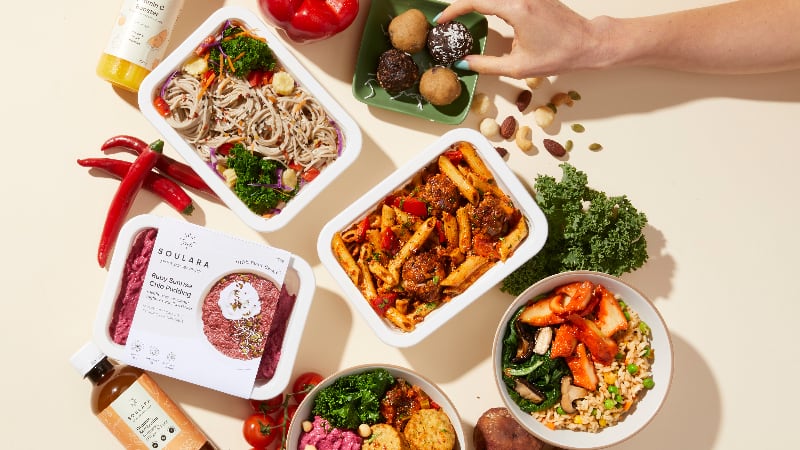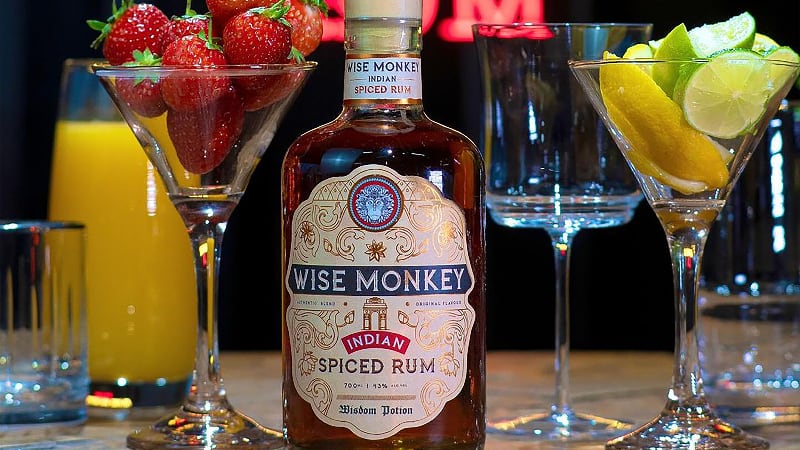No label, no problem: South Korea looks to mandate label-free packaging for drinking water over next two years
The South Korean government is looking to mandate label-free packaging for drinking water bottles, replacing this with a digital QR code system over the next two years.
South Korea has committed to a range of sustainability goals, including the slashing of plastic waste production by 50% and the doubling of recycling rates in the country from 34% to 70%, both by 2030.
The past few years have seen the Ministry of Environment (MoE) roll out a range of regulatory policies to this end, including the banning of hard-to-recycle plastics such as coloured PET from the recycling system as well as approving recycled PET plastic as material for new food packaging.
New developments saw the ministry calling for public comment on its latest initiative to mandate the use of label-free packaging for drinking water bottles, to be implemented after a two-year transition period.
‘No clarity’: India plant-based milk brands veer away from conventional dairy terms
Plant-based dairy brands in India are continuing to steer away from using conventional dairy terms on their product labels until regulators issue greater clarity on what is permitted.
Back in 2020 and 2021, the Food Safety and Standards Authority India (FSSAI) announced a ban on the use of conventional dairy terms such as ‘milk’ and ‘cheese’ for plant-based products. It also directed plant-based manufacturers to modify the product labels of all such products and e-commerce platforms to delist these as well.
This order was successfully stayed by the Delhi High Court later in 2021 after five companies took action. Despite this, industry uncertainty remains today.
“The ban is essentially still a motion in hearing at the court level at this time,” Rohit Jain, Co-Founder and CEO of Drums Food International which was one of the five companies that contributed to the initial ban being stayed, told FoodNavigator-Asia.
Not halal just yet: Singapore Islamic Council says ‘more rigorous’ parameters must be fulfilled for cultivated meat to be halal-certified
The Islamic Religious Council of Singapore (MUIS) has highlighted that cultivated meat still needs to meet a ‘more rigorous’ set of requirements to be halal-certified, even though it has been deemed potentially permissible for halal consumption.
In early February 2024, the news that the MUIS Fatwa Committee had deemed cultivated meat consumption permissible as halal ‘under certain conditions’ was met with a warm welcome by the alternative protein industry.
Whilst there can be no doubt that this is extremely positive news for the sector, the fatwa (or formal ruling on a point of Islamic law) on cultivated meat does not automatically mean that all such products can be considered halal upon production.
First off, it will need to fulfil several conditions as determined by the MUIS Fatwa Committee.
‘Best year ever’: Mondelez sees cocoa inflation, political tensions as ongoing major challenges despite record profits
Confectionery giant Mondelez believes that inflation affecting cocoa and sugar, as well as ongoing political tensions in the Middle East are major challenges that it will need to overcome this year, despite having announced ‘record’ profits fror 2023.
Mondelez International recently announced its FY2023 full-year financial results, reporting 14.7% year-on-year net revenue growth to US$36.1bn and 18.8% year-on-year gross profit growth to US$13.3bn for the overall firm.
It also reported 11.7% yoy revenue growth to US$7.1bn for the Asia, Middle East and Africa (AMEA) region in particular – Mondelez classifies AMEA under its Emerging Markets portfolio, and deep diving into the numbers for this region have primarily been driven by price hikes.
“We can see that the strength of our brands in Emerging Markets continues, so we do feel good [about this region] as we enter 2024,” Mondelez CEO Dirk Van de Put told the floor at the company’s most recent financial results conference.
“[That said], there have been some tensions in the Middle East which has had some effect on Western brands which we of course carry a good number of."
Pushing past pricing: Nestle targets premium and healthy ageing innovations to boost performance
Global food and beverage giant Nestle has its eye on expanding its premium and healthy ageing product portfolios as it seeks to return to ‘normalised’ growth.
Nestle recently announced its FY2023 full year financial results, reporting a -1.5% year-on-year decrease in sales to CHF93bn (US$) but an increase of 17.3% in underlying trade operating profits to CHF16.1bn (US$).
In the firm’s financial results press conference which FoodNavigator-Asia attended, Nestle CFO Francois-Xavier Roger highlighted that overall organic growth for the company has been estimated at a 7.2% growth year-on-year – but that this was made up of 7.5% pricing growth and -0.3% of what the company calls Real Internal Growth (RIG), which is a measurement of growth generated by volume and mix/innovation.
Acknowledging this as an unsustainable means to long-term growth, Nestle CEO Mark Schneider told the floor that the firm was committed to move back to RIG-led growth in 2024, laying out several strategies towards this.





